Livestreamed on this page Friday 13 October at 17:00 CEST (Lublin/Berlin) / 18:00 EEST (Bucharest) / 4 p.m. BST (London) / 15:00 UTC / 11 a.m. EDT (New York) / 8 a.m. PDT (Los Angeles).
Add to Calendar
Theatre and Democracy: Institutional Practices in Polish Theatre
The Polish Theatre Journal
The 22nd edition of Konfrontacje Festival in Lublin, Poland presented the discussion Theatre and Democracy: Institutional Practices in Polish Theatre with the Polish Theatre Journal livestreaming on the global, commons-based peer-produced HowlRound TV network at howlround.tv Friday 13 October at 17:00 CEST (Lublin/Berlin) / 18:00 EEST (Bucharest) / 4 p.m. BST (London) / 15:00 UTC / 11 a.m. EDT (New York) / 8 a.m. PDT (Los Angeles). Follow @HowlRoundTV and @konfrontacje on Twitter for updates.
The Polish Theatre Journal is an online English-language academic magazine examining contemporary Polish theatre and performance, published twice yearly by the Theatre Institute in Warsaw and The Department of Theatre Studies of Theatre Academy in Warsaw.
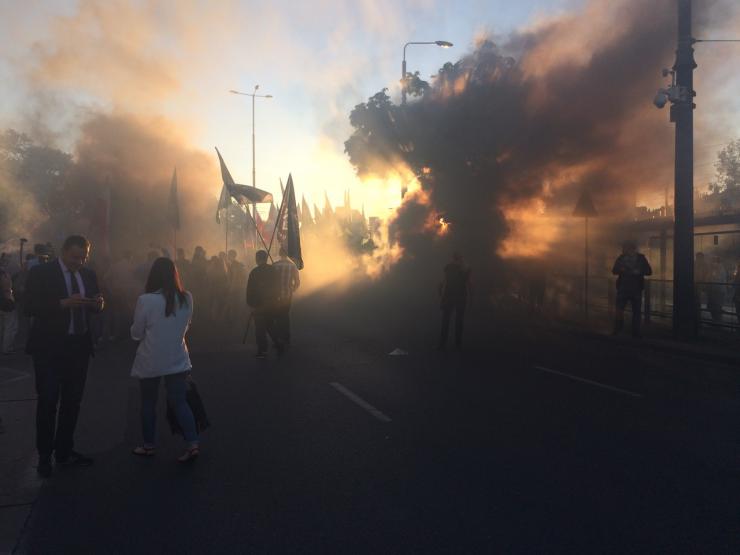
Polish Theatre Journal aims to:
- boost international dialogue on contemporary Polish theatre by encouraging exchange of ideas and experiences between Polish and international researchers, taking into account various points of view and intellectual and cultural traditions and practices
- research Polish theatre and performance art in their vital role—in both local and global contexts—as a medium of public affairs, mechanisms of the emergence and development of collective identity and consciousness, and unveiling the affects and dynamics of community life
- identify the place of Polish theatre and performance in the world of contemporary global civilisation, as well as the role they play in the debate on major problems of our times.
- Focusing on Polish theatre is not confined to its unique local aspects. What is viewed as local and peculiar to Poland often shares a lasting relation with global issues. We therefore propose problem-based approaches placing Polish artists and the phenomena characteristic of Polish theatre in a broader context.
Publisher The Zbigniew Raszewski Theatre Institute in Warsaw documents, promotes and stimulates theatre life in Poland. The Institute ignites public debate on contemporary Polish theatre, broadens the perspectives of the accompanying academic reflection, and promotes research and educational activity. It runs e-teatr.pl, the largest portal devoted entirely to Polish theatre, and produces the Encyclopedia of Polish Theatre, which combines aspects of a traditionally laid-out academic publication with a source thematic platform. The Institute also operates the Prospero Theatre Bookshop. Since January 1, 2014 the Institute’s director has been Dorota Buchwald, who replaced Maciej Nowak, at the helm since its inception in 2003. The Theatre Institute is home to Poland’s largest archives of contemporary theatre documentation. Any curious visitors can access a vast collection of press articles, reviews, photos, theatre programs, playbills, posters, and documents relating to the operation of individual theatres. You can also find folders with press cuttings on the work of individual artists, editions of theatre and film festivals, drama schools, and industry magazines in the library. Many digitalised documents can be accessed in the virtual section of the archive at e-teatr.pl.
The Department of Theatre Studies is part of the Theatre Academy in Warsaw. It was founded in 1975 for students with secondary school certificate and prepares for the profession of historian, theatre critic and literary manager of the theatre. The BA studies last three years and the MA studies last two years. Currently studies take into consideration the fact that more and more graduates are becoming managers, PR and media specialists, theatre producers and culture animators. Students have now an opportunity to attend law, public realtions and marketing classes. Among professors and lecturers of the department were and are the most renowned Polish theatre scholars and practitioners: Zbigniew Raszewski, Jerzy Koenig, Marta Fik, Tomasz Kubikowski, Michał Zadara. Tomasz Plata has been Dean of the Department of Theatre Studies since 2016.
Editorial board of Polish Theatre Journal:
Agata Adamiecka-Sitek
Dariusz Kosiński
Maria Klaman
Tomasz Plata
Zofia Smolarska
Marta Keil—guest editor of Polish Theatre Journal 3/2016: Theatre and Democracy. Institutional Practices in Polish Theatre
Igor Stokfiszewski—guest editor of Polish Theatre Journal 2/2016: Theatre and Community
Academic board:
Prof. Halina Filipowicz
Prof. Richard Gough
Prof. Paul Allain
Prof. Elżbieta Matynia
Prof. Ian Watson
About HowlRound TV
HowlRound TV is a global, commons-based peer produced, open access livestreaming and video archive project stewarded by the nonprofit HowlRound. HowlRound TV is a free and shared resource for live conversations and performances relevant to the world's performing arts and cultural fields. Its mission is to break geographic isolation, promote resource sharing, and to develop our knowledge commons collectively. Participate in a community of peer organizations revolutionizing the flow of information, knowledge, and access in our field by becoming a producer and co-producing with us. Learn more by going to our participate page. For any other queries, email [email protected], or call Vijay Mathew at +1 917.686.3185 Signal/WhatsApp. View the video archive of past events.
Find all of our upcoming events here.

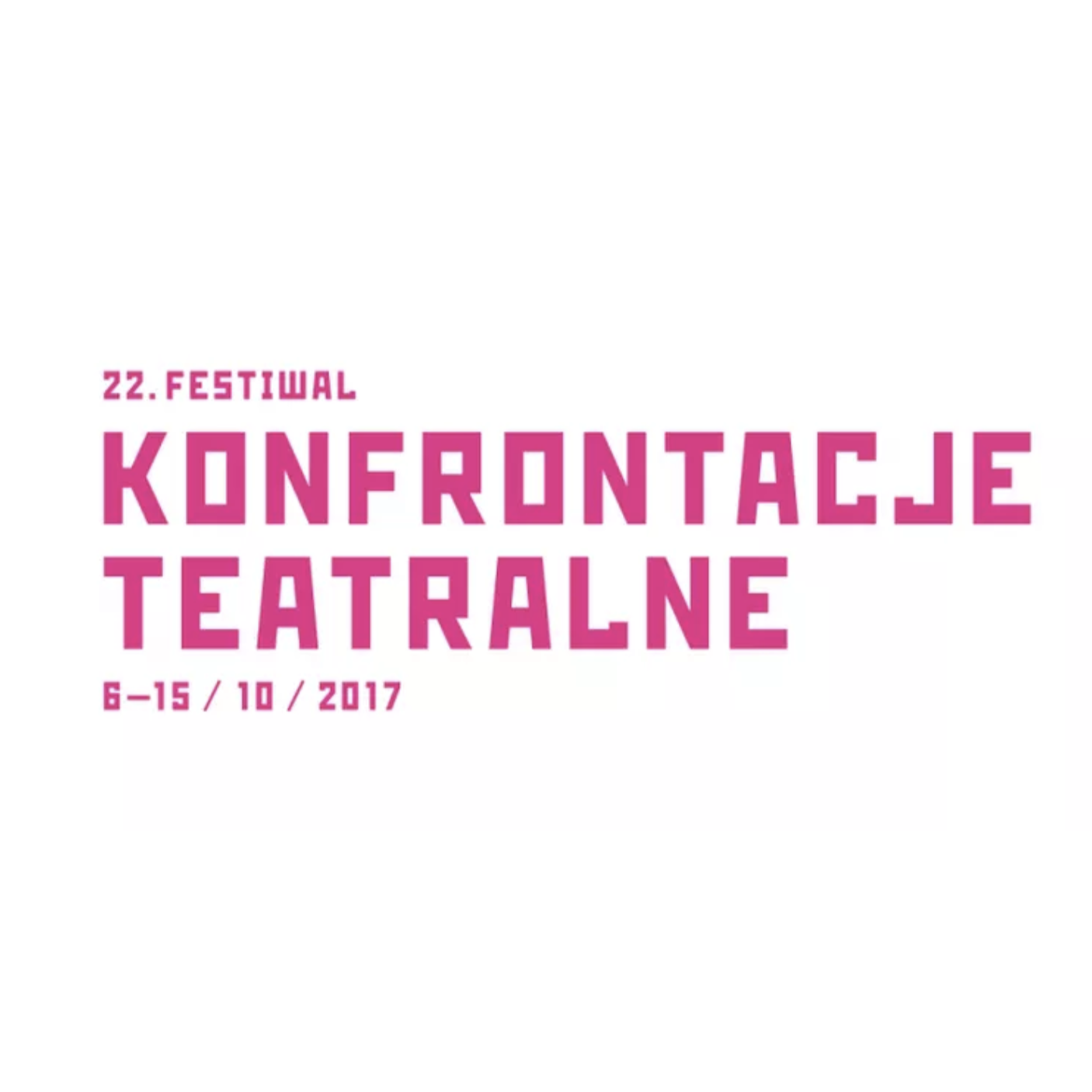
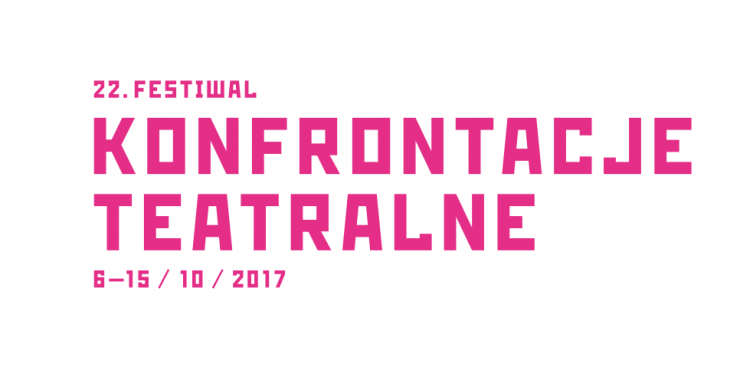
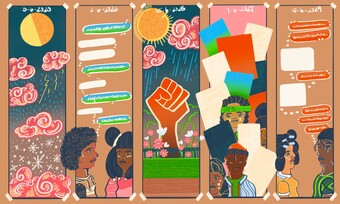


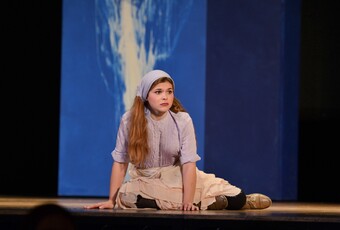

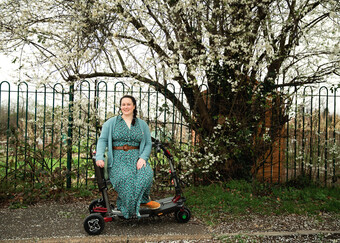

Comments
The article is just the start of the conversation—we want to know what you think about this subject, too! HowlRound is a space for knowledge-sharing, and we welcome spirited, thoughtful, and on-topic dialogue. Find our full comments policy here